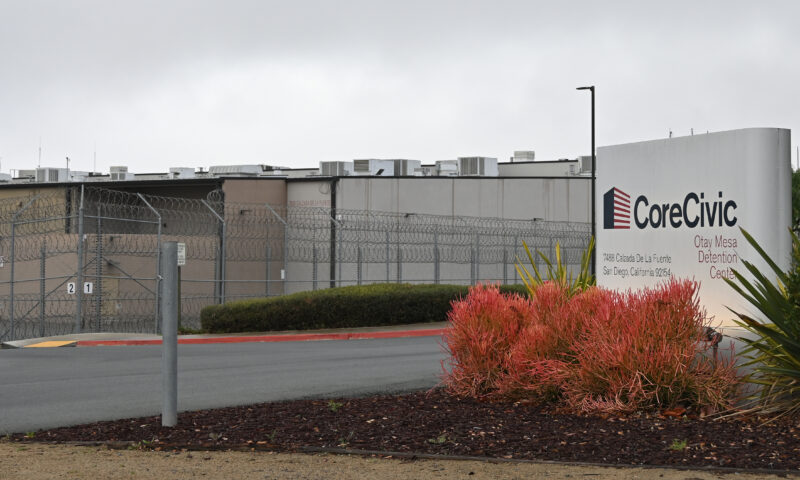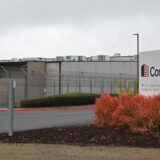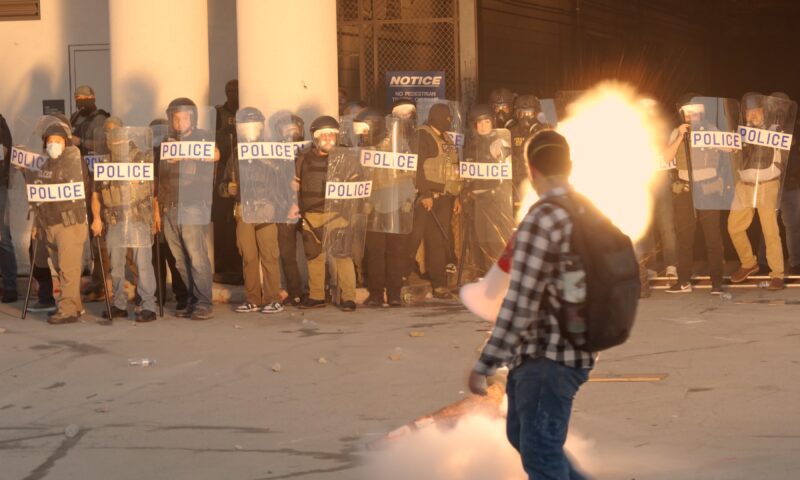Labor & Economy
Puppet Government: What the Michigan Vote Means

On the day North Korea launched a missile this week, the virulently anti-labor website Union Facts splashed a banner on its home page that likened union membership to living in North Korea. This was December 11, when a lame-duck legislature turned Michigan into a right-to-work state — banning unions from collecting fees or dues from workers as a prerequisite for working in unionized shops. (In a shrewdly divisive ploy, Republican bill-sponsors exempted police and firefighter unions from the law.)
In this week’s tightly scripted political theater, Lansing’s two legislative houses raced through their synchronized movements as though the capitol were afire. Later, hitting his marks on cue, Governor Rick Snyder emerged from the wings to sign this coup d’etat into law. (To think, only a few months ago the New York Times was giving Snyder the Profiles in Courage treatment, portraying him as that mythical unicorn of a politician, the non-ideological Republican.)
The strategy behind the new law was fairly transparent, once the rhetorical smoke about “freedom of choice” and “attracting jobs” was swatted away. As Washington Post columnist Harold Meyerson wrote the day after the vote, Republicans want to reduce the Democratic party’s prime source of foot soldiers and money, the unions. Take away organized labor and the political playing field suddenly becomes a whole lot more even for a party with a vast treasury but a shrinking demographic base.
The wealthy conservative forces behind the Michigan vote were equally transparent: The new law, according to Michigan commentators, bears an uncanny resemblance to model legislation proposed by the Koch brothers-backed American Legislative Exchange Council (ALEC). Mother Jones points out that another Koch-founded front, Americans for Prosperity, helped pay for people to come to Lansing to give the impression of popular support for the law.
Democrats may have unwittingly helped move fringe labor-policy positions to the political center, when its Michigan leaders proposed a “compromise” that would have let state voters decide the matter rather than the legislature. Their initiative was rejected by Republicans, but will this offer to let the public intervene be made again in the future, whenever union pensions, contracts and benefits are targeted by conservatives? (In November Michigan voters soundly voted down union efforts to make collective bargaining a state-constitutional right.)
“To me it’s an extension of the Civil War,” the Post‘s Meyerson told Frying Pan News. “Republicans are bringing Southern labor conditions to the North.” Meyerson said he did not consider passage of the Michigan law an end of the world moment for labor in that state — especially since the law does not affect unions until their current contracts expire.
“One irony,” Meyerson said, “is that the UAW contracts with the Big Three don’t expire until 2015. So [the union] can go into the 2014 election full-strength.” Michigan labor is hoping to make Rick Snyder and other Republicans up for re-election in 2014 pay for their actions this week.
In fact, the more optimistic talk within progressive circles, after the vote, has been how the Michigan law is more symbolic than real, and that labor is now “huddling” (as Talking Points Memo put it) to figure out its next move. There is something to be said for remaining calm: Unions have been fighting back, after all, since Republicans in Wisconsin stripped that state’s public employee unions of the right to collective bargaining – just as unions have been fighting back since the PATCO strike and all the way back to passage of the Taft-Hartley Act.
But something deeply wrong happened in Lansing Tuesday – something that says we may no longer be living in the same country many of us grew up in. Governor Snyder may not have signed labor’s death warrant, but he and his fellow conservatives have tossed a bit more poison into the lives of American workers who have benefited from healthy unions in the form of higher wages and perks missing in right-to-work states. The continuing transformation of the Midwest’s union heartland into a desolate landscape of low-wage jobs and feral capitalism is not only so unnecessary, it also runs against our sense of fair play and respect for underdogs that have always been part of the American character.
Tuesday’s vote was like an old Frank Capra film that had been re-written with an alternate ending by the creators of the Dark Knight series. Whether Capra’s sinister tycoons and cynical politicians have won the day depends on how much we really believe in John Doe and Jefferson Smith, those movie heroes of an economically depressed but more generous America.

-

 Latest NewsJune 17, 2025
Latest NewsJune 17, 2025A Coal Miner’s Daughter Takes on DOGE to Protect Miners’ Health
-

 Beyond the BorderJune 10, 2025
Beyond the BorderJune 10, 2025Detained Man Says ICE Isn’t Treating His Colon Cancer
-

 Column - State of InequalityJune 5, 2025
Column - State of InequalityJune 5, 2025Budget Cuts Threaten In-Home Assistance Workers and Medi-Cal Recipients
-

 Column - State of InequalityJune 12, 2025
Column - State of InequalityJune 12, 2025‘Patients Will Suffer. Patients Will Die.’ Why California’s Rural Hospitals Are Flatlining.
-

 Column - California UncoveredJune 18, 2025
Column - California UncoveredJune 18, 2025Can Gov. Gavin Newsom Make Californians Healthier?
-

 Featured VideoJune 10, 2025
Featured VideoJune 10, 2025Police Violently Crack Down on L.A. Protests
-

 Latest NewsJune 4, 2025
Latest NewsJune 4, 2025Grace Under Fire: Transgender Student Athlete AB Hernandez’s Winning Weekend
-

 Striking BackJune 3, 2025
Striking BackJune 3, 2025In Georgia, Trump Is Upending Successful Pro-Worker Reforms

